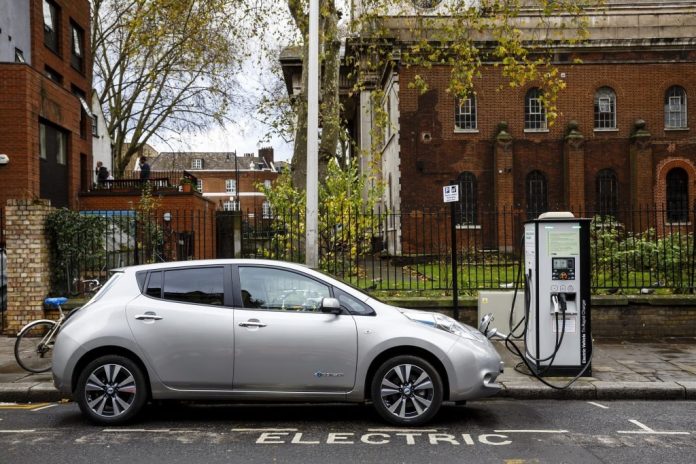As speculation grows that the chancellor will introduce vehicle excise duty (VED) for electric vehicles (EVs) in the Autumn Statement (17 November), a survey[i] of 500 motorists conducted by Venson Automotive Solutions found that 23% believe a road-use pricing scheme, like those successfully introduced in Sweden, Germany and Singapore, would be a better option.
The introduction of VED on EVs, which was supported by 18% of motorists surveyed by Venson, is anticipated to address the fall in motoring tax revenues caused by the UK’s transition to battery-powered vehicles, which are currently exempt from taxation. Figures from the Office for Budget Responsibility has forecast that fuel duty and VED revenue will fall to £2.1bn by 2026-27, compared to the estimated £35bn that is currently raised.
Road-use pricing schemes – most favoured as a revenue alternative by survey respondents – levy direct charges for the use of roads. These include road tolls, distance or time-based fees, congestion charges and charges designed to discourage the use of certain classes of vehicle, fuel sources or more polluting vehicles.
Less popular revenue making options include a ‘pay-as-you-drive’ scheme, utilising telematics to monitor driver behaviour and speed, which was backed by 9% of respondents and a tax based purely on miles driven, utilising data collected annually from an MOT test, supported by 8% of motorists.
However, whilst 28% of those surveyed said they are unsure what the best solution would be, the impact the fleet sector is having on EV take-up has not gone unnoticed by motorists. 13% said they believe that a specific EV ‘business use’ charge for company car and van drivers should be introduced.
Alison Bell, Operations Director at Venson Automotive Solutions comments, “Around one in six new cars bought in Britain this year are fully electric. Whatever decision is made to address the shortfall in motoring tax revenue, the Government won’t want to stall the uptake of EVs. Any solution introduced needs to be a fair and cost-effective solution for both business and leisure drivers, with enough incentive to ensure the UK’s electric transition continues at pace.”

